Cancer Survivors Share Their Top Advice
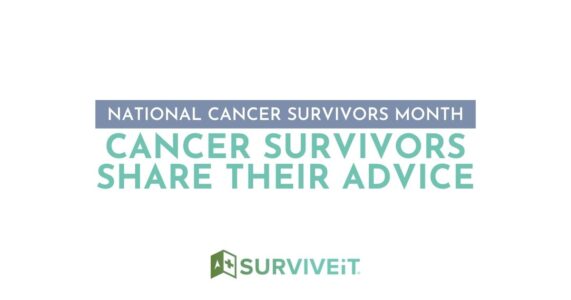
June is National Cancer Survivors Month. SURVIVEiT® is made up of cancer survivors, patients, caregivers and medical professionals who are using their experiences and expertise to help those facing cancer today.
Advice from Cancer Survivors
No one quite understands the experience of a cancer patient more than cancer patients themselves. Our Survivor Advisory Council is made up of cancer survivors and caregivers who are sharing their unique experiences (with different cancer types) to help provide resources to those who need them most.
Here is some cancer survivor wisdom.
Q: What’s the first thing to do after a cancer diagnosis?
Answers:

- I would research the top oncologists according to cancer type and get more than one opinion on treatment protocol.
- I would make sure that I had a team of health care providers, incorporating both western and eastern modalities, as I believe that the holistic approach to wellbeing is so important.
- I would get support from someone who has been in my shoes.
-Hayley
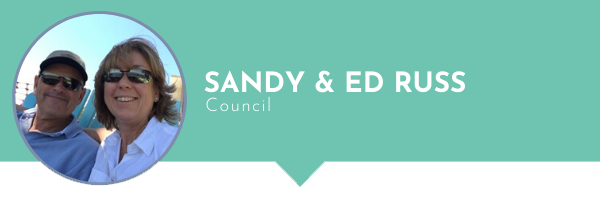
- Not be so afraid. Fear can stop you in your tracks, and for some people, they give up before their fight has started. Fear should not determine your future.
- Get a second opinion before deciding on a specific oncologist/ treatment facility. Not all treatment facilities and oncologists are the same.
- Get advanced genomic testing as soon as possible. Understanding your cancer’s mutation is paramount in understanding and choosing the treatment options that are best for you.
-Sandy & Ed
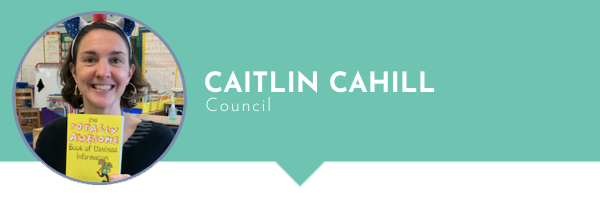
- Have a “Cancer Coming Out Party” – When I was first diagnosed, I decided to have a “Cancer Coming Out Party” and I would most definitely do that again. My husband and I texted our friends, told them the news briefly, and invited them over for champagne and cookies. I dreaded the idea of having to call people individually over an extended period of time, so having a big gathering and framing it in a positive way was what made me feel most comfortable.
- Avoid too much internet research – The internet is scary, misleading and overwhelming. If you can keep yourself from reading too much after your initial diagnosis, you may be able to save yourself from unnecessary stress.
- Get a therapist (if you don’t already have one) – I believe that therapy is valuable even in the best of times, so it is essential in the difficult times. I found a therapist who had experience with cancer who really helped me sort through my feelings of frustration, anger, sadness and confusion. Your friends and family can help you sort through a lot of these feelings, but having an impartial professional listen to you is an incredible resource.
-Caitlin
Read how other Cancer Survivors answered this question.
Q: Where do you find hope, inspiration and strength?
Answers:
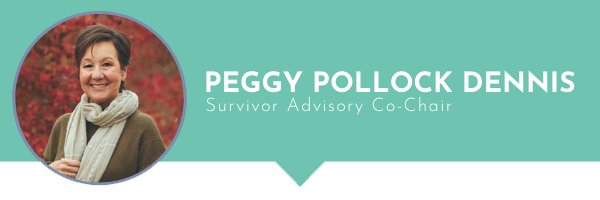
I find strength comes from my spiritual beliefs. Hope, I find in stories about others who are on a similar journey. Inspiration, I find in science as well as seeking out others who are thriving while living with cancer.
-Peggy
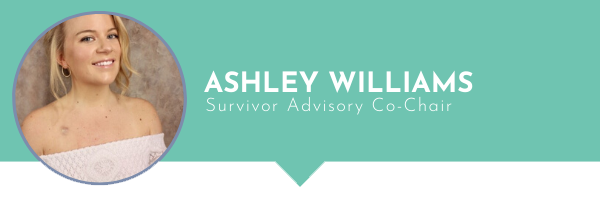
I am a Christian, so I find hope in my relationship with Jesus Christ. I find inspiration through my support system who consistently encouraged me. I find strength in setting small, realistic, and achievable goals that set me up for some type of success everyday. During chemo, a goal may have been as small as going downstairs to get a glass of water.
-Ashley
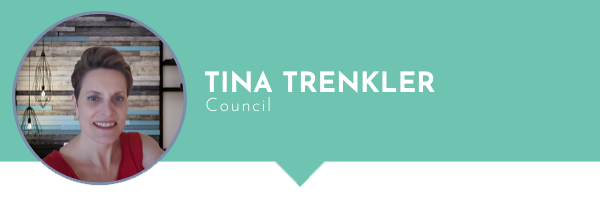
I found hope in the belief that this was just another bump in the road that I needed to slow down to conquer. Inspiration came from all those I met along the way who were also fighting this disease. Strength came from my partner, family and friends who helped me get through the tough times with their support, distractions and laughter.
-Tina
Read how other Cancer Survivors answered this question.
